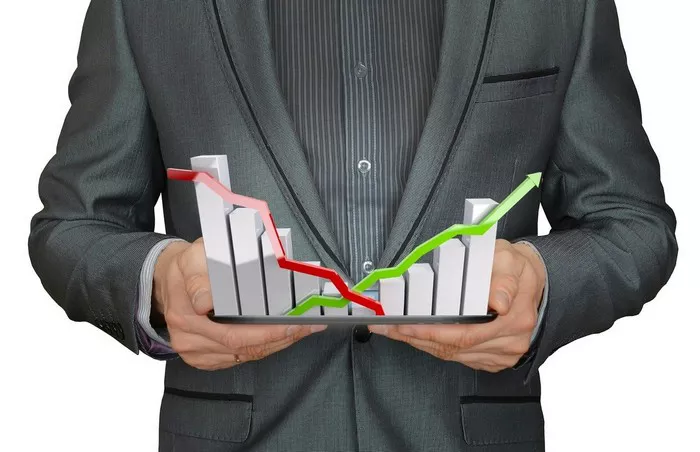China is poised to announce new measures aimed at reinvigorating its sluggish economy at the conclusion of this week’s legislative meeting, with analysts predicting the need for sweeping, multi-trillion yuan stimulus to jumpstart growth in the world’s second-largest economy. Despite some recent improvements, China’s recovery from the COVID-19 pandemic has been slower than anticipated, and economists say robust government action is essential to sustain momentum.
The central bank took initial steps in late September, easing borrowing restrictions, which sparked a rally in the stock market. However, economists argue that broader measures are required to fuel a sustained economic rebound. Indications from government officials suggest that these measures could be greenlit during this week’s Standing Committee meeting of the National People’s Congress, China’s top legislative body, which is necessary to approve any major spending initiatives.
There are early signs of an economic rebound. In September, consumer subsidies encouraging the trade-in of older vehicles and appliances bolstered auto sales, while a manufacturing survey turned positive in October after five consecutive months of decline. Meanwhile, exports surged by 12.7% in the past month, marking the strongest increase in over two years.
Throughout much of 2023, China’s government appeared focused on tackling long-term structural economic challenges rather than immediate stimulus measures. Previous interventions were modest and seemed designed to stabilize rather than revitalize the economy. Yet, with growth now appearing softer than the target of around 5% for the year, the ruling Communist Party has signaled a heightened urgency for additional economic support. The recent monetary easing from the central bank was followed by official statements indicating that the government has ample resources to inject further funds as necessary.
Despite these anticipated short-term interventions, China’s broader, long-term objectives—such as advancing its transition to a high-tech and green economy—remain the core priorities of the Communist Party, which operates without the pressures of electoral cycles. This stands in contrast to recent political shifts in the United States, where economic concerns helped drive a sweeping victory for Donald Trump’s Republicans in the latest elections.
Related topics:


